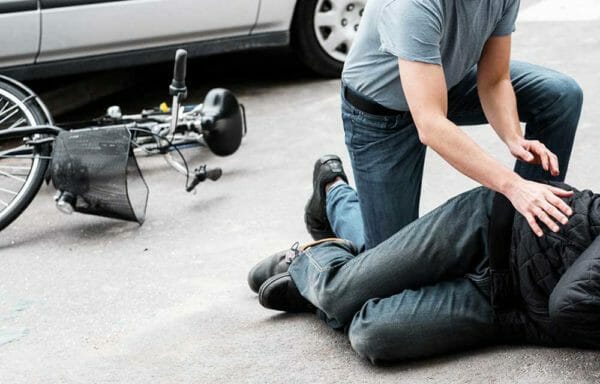As an educator, I've always been in search of ways to keep my students' attention--especially when it's late in the semester or the weather outside is nice.
If I were younger, I might try Chris Poulous' methods:
In 1991, when he was 20 years old, he won the Bicycle Stunt World Championships in Denmark. He also was victorious in a number of other competitions until injuries sidelined his competitive career.
Now he's a motivational speaker, with a particular emphasis in encouraging the young to lead positive lives. Kids, as you might expect, are a natural audience for him, though I must say I enjoy his presentation, too.
Recently, he visited a summer recreation program in Northborough, Massachusetts. He said his show was a "special treat" for kids 3 to 5 years of age because they don't get to go on field trips, as the older kids do. From all accounts, however, everyone present--kids and adults--loved it.
I mean, what's not to like about someone who use backflips and bunny-hops to teach important life lessons?
If I were younger, I might try Chris Poulous' methods:
In 1991, when he was 20 years old, he won the Bicycle Stunt World Championships in Denmark. He also was victorious in a number of other competitions until injuries sidelined his competitive career.
Now he's a motivational speaker, with a particular emphasis in encouraging the young to lead positive lives. Kids, as you might expect, are a natural audience for him, though I must say I enjoy his presentation, too.
Recently, he visited a summer recreation program in Northborough, Massachusetts. He said his show was a "special treat" for kids 3 to 5 years of age because they don't get to go on field trips, as the older kids do. From all accounts, however, everyone present--kids and adults--loved it.
I mean, what's not to like about someone who use backflips and bunny-hops to teach important life lessons?












